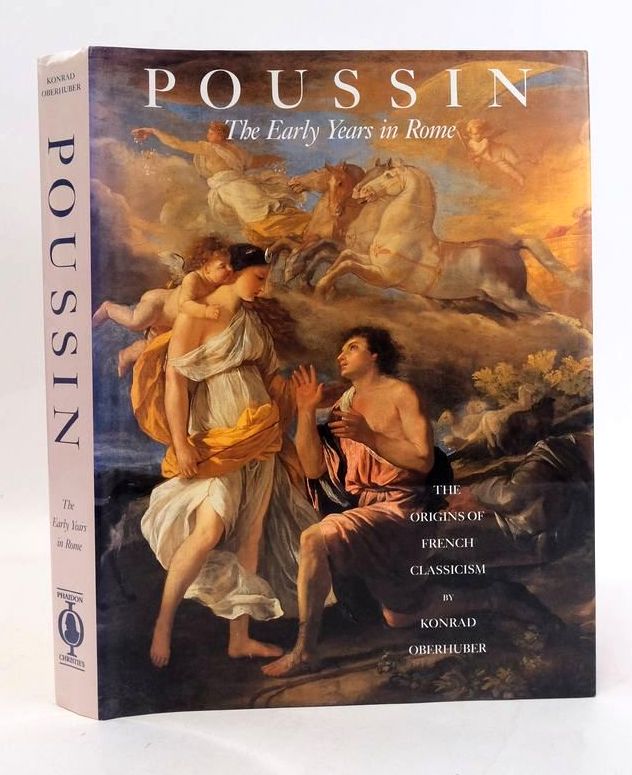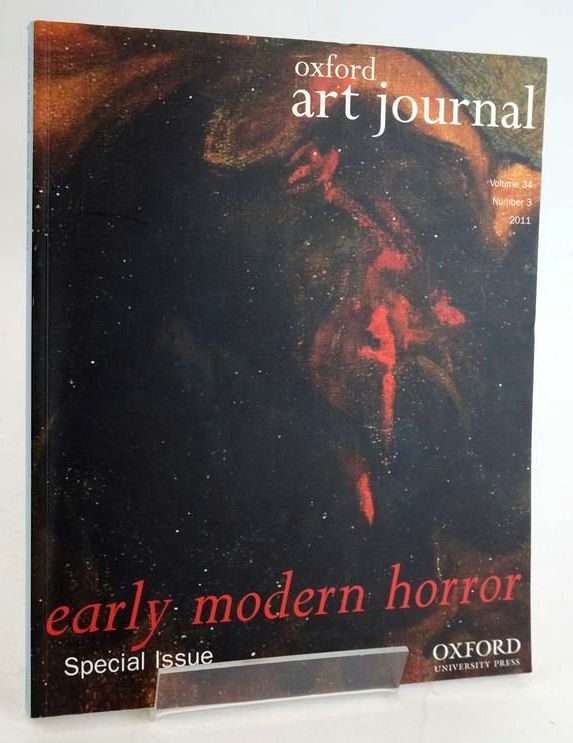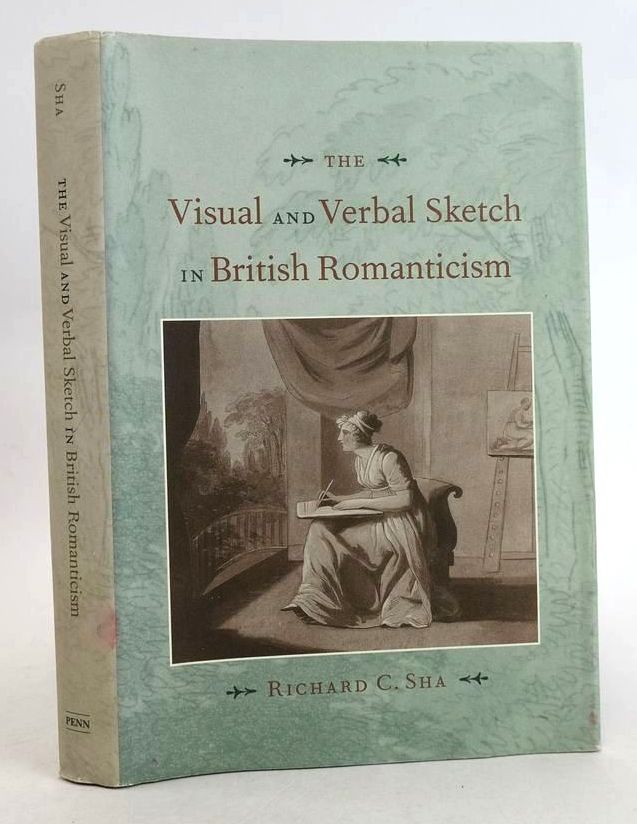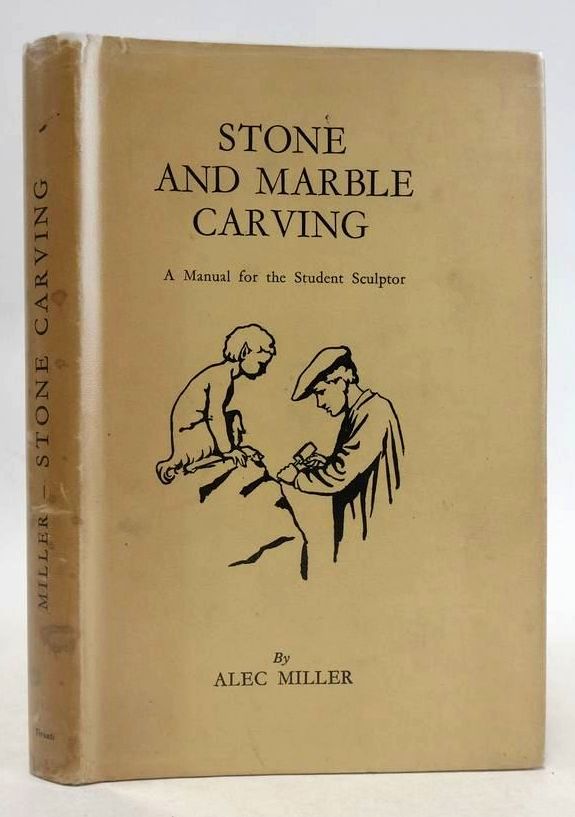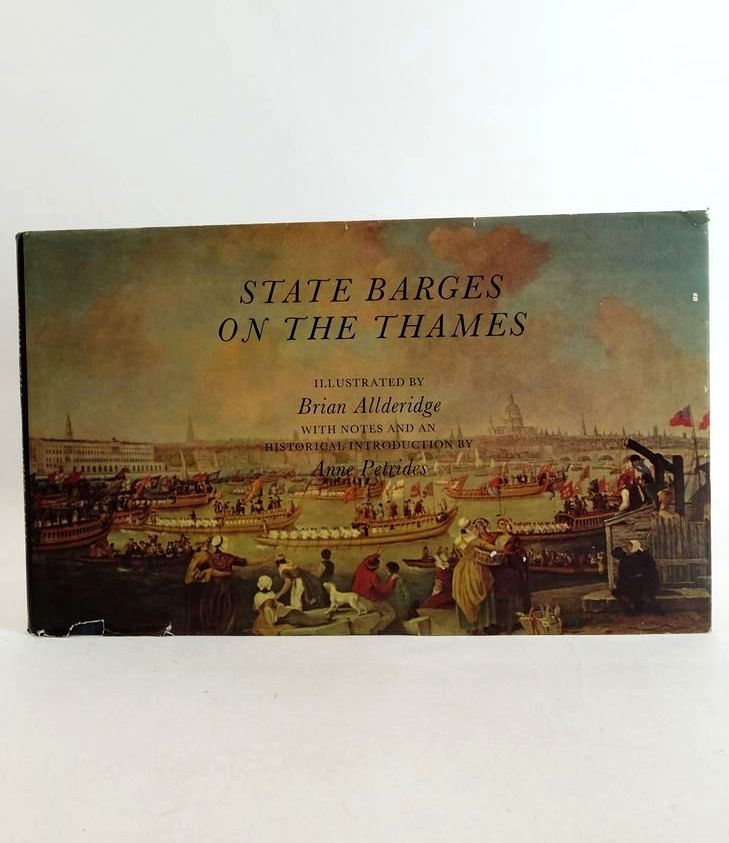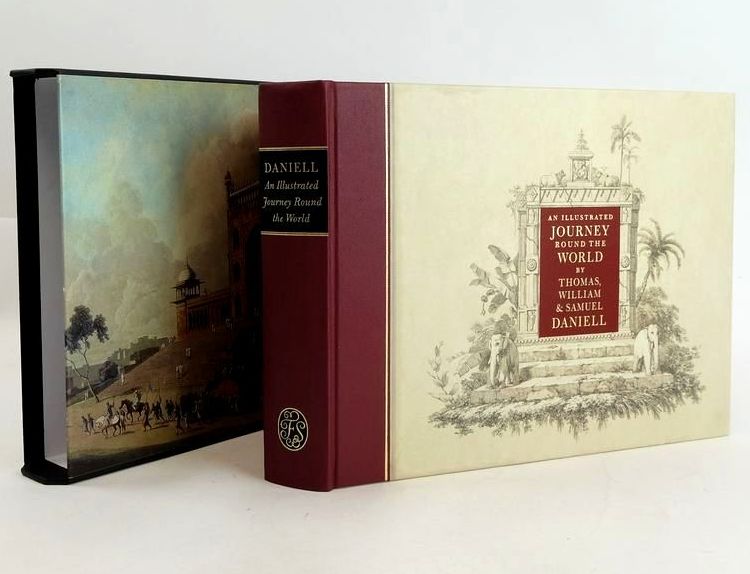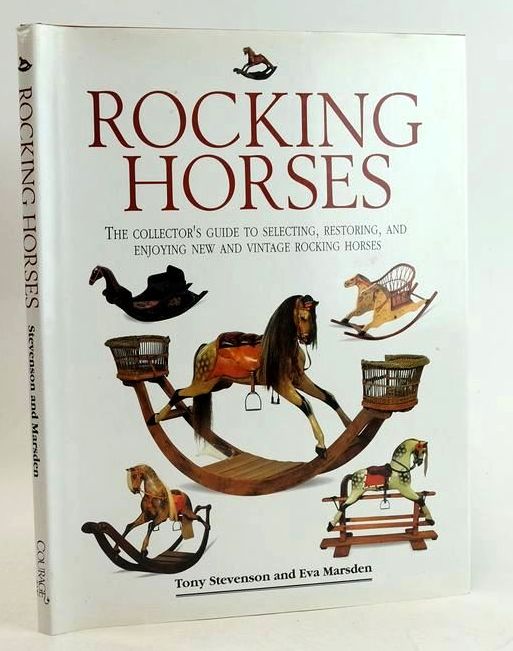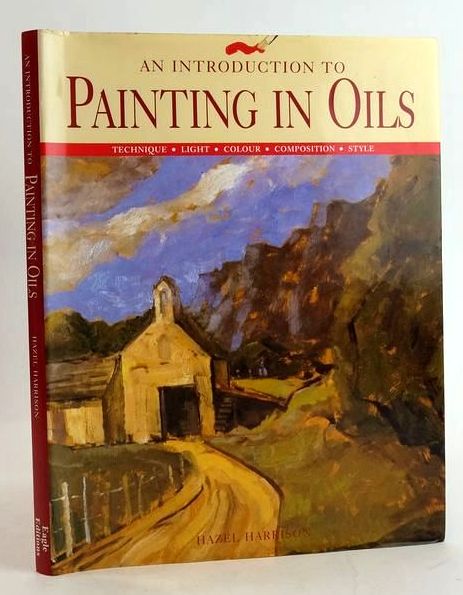The Armchair Time-Traveller
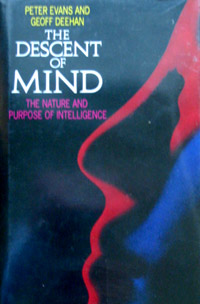 Hands up all of you who read the title and thought that this was going to be about H.G. Wells and The Time Machine... Isn't it amazing how a few words can so powerfully create an image in the mind of the reader? Although a scientist with too much time on his hands may yet create a time-travelling armchair, we can all achieve personal transportation with alternative, but perhaps no less sophisticated, equipment: a book and the human mind.
Hands up all of you who read the title and thought that this was going to be about H.G. Wells and The Time Machine... Isn't it amazing how a few words can so powerfully create an image in the mind of the reader? Although a scientist with too much time on his hands may yet create a time-travelling armchair, we can all achieve personal transportation with alternative, but perhaps no less sophisticated, equipment: a book and the human mind.
This power to transport ourselves to other times and places is fully developed at a young age. A time when a toilet roll, 2 pipe-cleaners and a foil bottle top really was the spaceship that would take Earth's finest and bravest astronauts to the planet Saturn. The time when you stood in awe of the miraculous properties of that most elusive compound - sticky-back plastic - as promoted by a certain type of television programme. But who actually had sticky-back plastic? Ultimately frustrated, I would be comforted with kind words and the alternative of Sellotape ("which is just as good, really"). Yet the nagging doubt remained that real space heroes wouldn't make do with second-rate products - a suspicion confirmed after the catastrophic disintegration of Saturn 1, plunging Earth's finest and bravest to an uncertain fate in the cold, dark vacuum of Space Behind The Sofa...
 However, I digress. Sometimes our imagination can work too well .
However, I digress. Sometimes our imagination can work too well .
The intended subject of this article is not sticky-back plastic but the passion and beauty of Latin literature which can transport us from our daily routines. Passion and beauty? Absolutely, though it may come as a surprise to those of you who have not read translations of Latin literature (shame on you), or to those whose Latin studies consisted of extracts from Julius Caesar's Gallic War. Yet there is more to Latin literature than "amo, amas, amat" and Caesar's self-congratulatory commentaries on Rome 's mission to 'civilize' the 'barbarian' hordes. One of the main attractions of Latin literature is that it belongs to a remote, even romantic past but at the same time its writings are able to relate to our modern world.
 One of my favourite Latin authors is Ovid, who wrote passionate and beautiful Latin on subjects as diverse as Roman mythology and women's cosmetics (yes, Roman women really did wear make-up). But Ovid is perhaps best known for his playful, erotic writings which are risqué but not as explicit or vulgar as some of the riper offerings from Catullus, Martial,Juvenal or Petronius. These include Ovid's love poems (Amores) and an instructional guide to conducting successful love affairs (Ars Amatoria - Art of Love ). The Art of Love begins "If any Roman knows nothing about love-making, please read this poem and graduate in expertise." This is Ovid at his most modern: while his lines transport us to the noise and bustle of the Roman theatre (where women come to see and be seen ), his reflections on love and relationships remain as valid today as they were 2,000 years ago.
One of my favourite Latin authors is Ovid, who wrote passionate and beautiful Latin on subjects as diverse as Roman mythology and women's cosmetics (yes, Roman women really did wear make-up). But Ovid is perhaps best known for his playful, erotic writings which are risqué but not as explicit or vulgar as some of the riper offerings from Catullus, Martial,Juvenal or Petronius. These include Ovid's love poems (Amores) and an instructional guide to conducting successful love affairs (Ars Amatoria - Art of Love ). The Art of Love begins "If any Roman knows nothing about love-making, please read this poem and graduate in expertise." This is Ovid at his most modern: while his lines transport us to the noise and bustle of the Roman theatre (where women come to see and be seen ), his reflections on love and relationships remain as valid today as they were 2,000 years ago.

Unfortunately for Ovid, the publication of his advice to lovers came at a time when the Emperor Augustus was promoting marriage and family values. A book which gave advice on the most successful ways to seduce other peoples' wives (and husbands - women had their own section of advice: "You must fight on equal terms" as Ovid states) was unlikely to find favour in the Imperial household. Many believe that the Art of Love was largely responsible for Ovid's banishment by the Emperor in 8 AD, and Ovid himself writes that the cause was 'carmen et error' (a poem and a mistake).
Ovid never speaks in detail about the cause of his exile. The truth remains elusive, providing useful employment for academics and conspiracy theorists. Ovid was dispatched to Tomis on the Black Sea coast - the very edge of the Roman Empire, the end of the world. It is hard to imagine the devastating impact that this must have had on the man who had taken such delight in the culture and vibrant life of the Roman city - a delight which pervades his writings, and carries us along with it.
 Ovid conveyed this distress in a series of writings which include the Tristia (literally, 'Sad Things'). These rather wretched poems may not possess the grandeur of Ovid at the peak of his literary career but they have the power to transport us to Ovid's last night in Rome when he is forced to bid farewell to his wife, his household, and all that he holds dear:
Ovid conveyed this distress in a series of writings which include the Tristia (literally, 'Sad Things'). These rather wretched poems may not possess the grandeur of Ovid at the peak of his literary career but they have the power to transport us to Ovid's last night in Rome when he is forced to bid farewell to his wife, his household, and all that he holds dear:
"When the saddest memory comes to mind,
of that night, my last hour in the city,
when I recall that night when I left so much
so dear to me, even now tears fall from my eyes." Tristia 1.3
Sadly, Ovid was never to return to the Rome that he loved. Despite his pleas for mercy, and hopes that he may be reprieved after the death of Augustus, he died in exile in 17 AD during the reign of the Emperor Tiberius. It has become a cliché, but written words do have the power to change lives - and they certainly changed Ovid's.
Archive of previous articles.
Contributed by Tim
(Published on 26th Aug 2014 )


